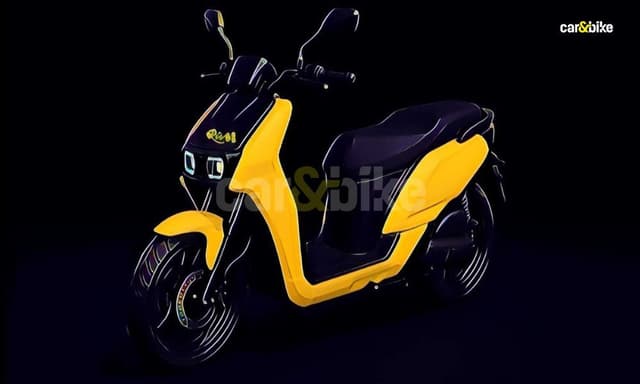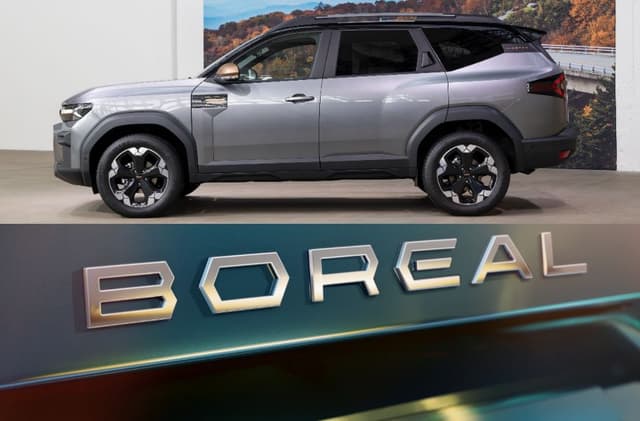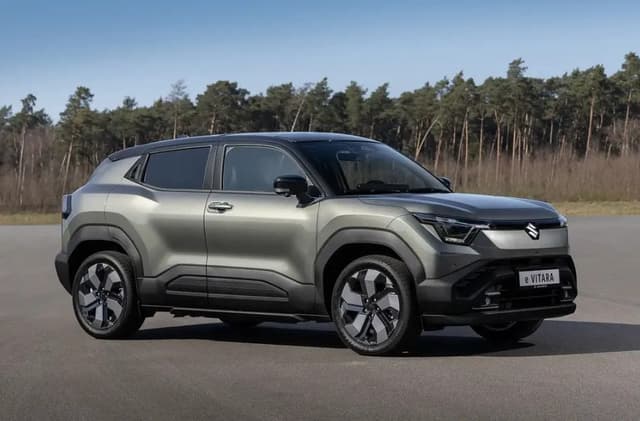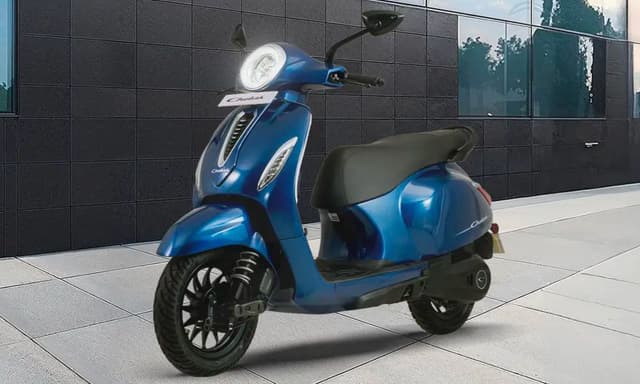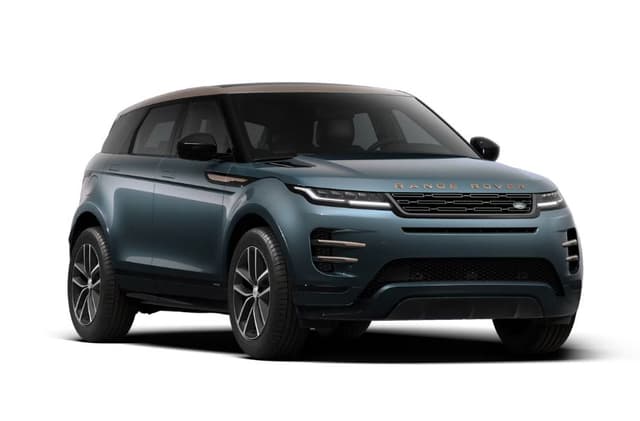Essential Aspects of Buying Electric Vehicles

Highlights
Buying a car is a huge decision and needs thorough research and planning. Since it is such a big investment, people tend to go over all their options and then pick the one they think serves their purpose the best. Now, this applies to electric vehicles as well. Customers should be aware of the different types of EVs available in the market and which one would be most suitable for them.

Photo Credit: pixabay.com
Types of Electric Vehicles in the market
There are primarily three types of EVs that can be found in the market: -
- Hybrid Electric Vehicles or HEVs: A hybrid electric vehicle consists of an international combustion engine used in traditional cars and a modern electric propulsion system. These vehicles apply the concept of regenerative braking that converts heat to electrical energy. The main purpose of this car is to increase fuel efficiency.
Vehicles of this type: Honda Civic, Toyota Prius, Toyota Camry (all hybrid versions)

Photo Credit: pixabay.com
- Battery Electric Vehicles or BEVs: These are completely electric vehicles. The battery is the main source of power that helps operate the car. The battery is charged with the help of a DC source or an AC source with a convertor. It can take up to 8 hours for an average vehicle to completely charge.
Vehicles of this type: TVS iQube, Ather 450, Bajaj Chetak (Electric)
- Plug-in Hybrid Electric Vehicles or PHEV: They either can use regenerative braking or an external source for charging the car.
Vehicles of this type: BMW i8, Volvo XC90 T8, Mahindra e-Verito
The best two options for anyone can be to go for battery electric vehicles or plug-in hybrid vehicles if the main aim is to save fuel. They also help with additional costs and tax purposes.

Photo Credit: pixabay.com
Advantages and Disadvantages (BEVs)
The advantages include no noise pollution, no emissions, no gearboxes, ease to operate, low maintenance cost, and tax efficiency.
The disadvantages include slightly expensive purchases, limited range, uncertain resale value, and problems while charging the car.
Advantages and Disadvantages (PHEVs)
The advantages include fuel efficiency during driving, cheap for short commutes (like 10-15 miles), ease to drive, and tax efficiency.
The disadvantages include the relatively expensive budget, complex maintenance, and fuel economy isn't good during motorway travels.
Best vehicles to buy
Here is a list of the best-selling electric vehicles of the past year: -
- Honda Ioniq Electric: Available in both hybrid and plug-in hybrid.
- Tesla Model X: Fully electric
- Hyundai Kona Electric: Hatchback is very spacious
- Tesla Model S: Fully electric (guesses the directions)
- Porsche Taycan: 0 to 60mph in 2.4 seconds!
The rapid innovation in the EV sector bodes well for the entire automobile industry as these vehicles are set to drive the industry forward.
Related Articles
Latest News
- Home
- News
- Auto Industry
- Essential Aspects of Buying Electric Vehicles
